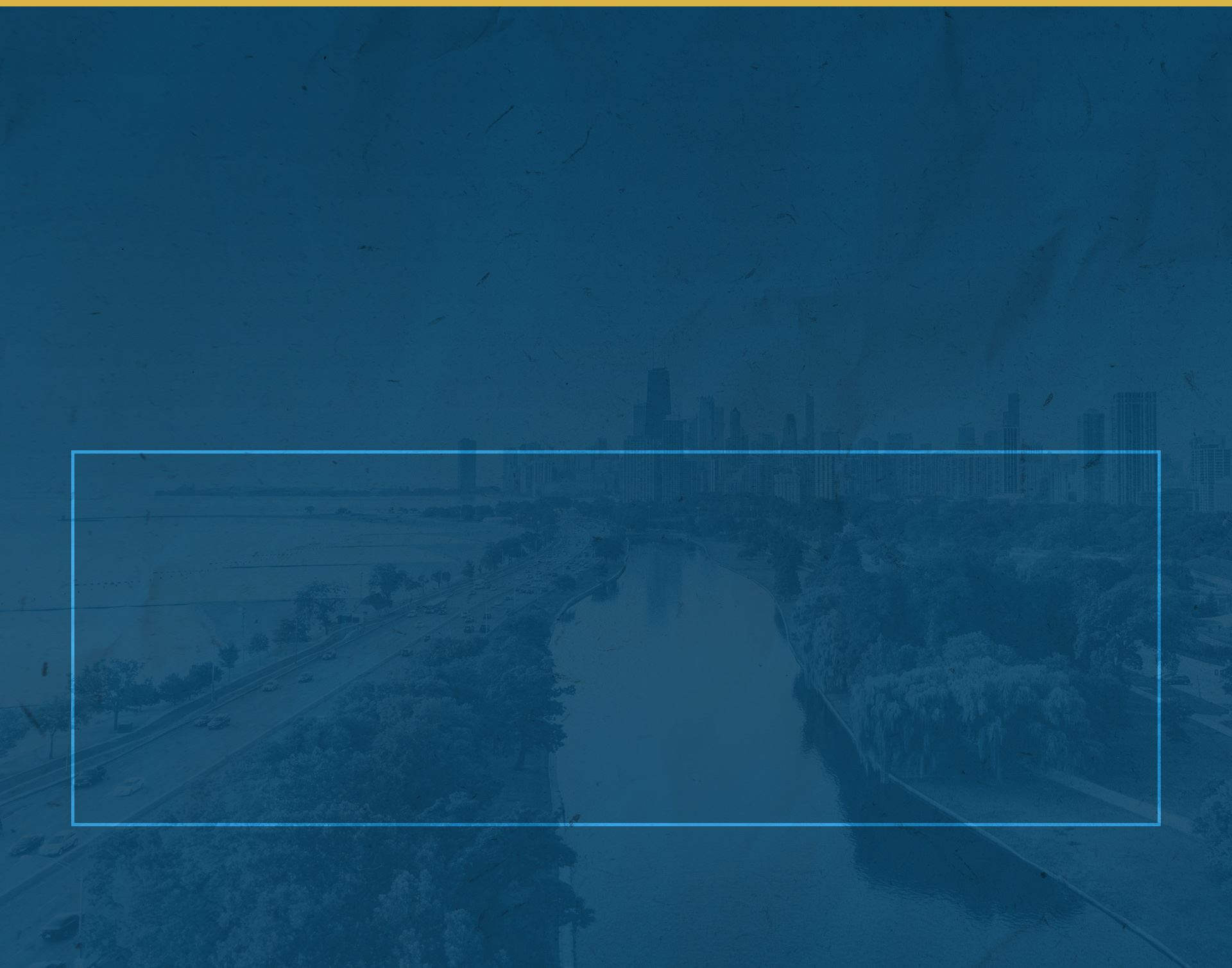
Chicago Bankruptcy FAQ
There are many questions that come to mind when someone is considering bankruptcy. It is important for these to be answered before you make a decision about your financial future. Our Chicago bankruptcy lawyer has provided the following information to help you find the financial relief you need and deserve.
Do I Need an Attorney to File?
You may file your own bankruptcy petition if you are an individual, but it is difficult to successfully file and complete your case without a competent Chicago bankruptcy attorney at your side. The bankruptcy process itself is complex, and the ramifications of an incorrectly or fraudulently filed bankruptcy petition are harsh. Your chances of successfully discharging your debt, stopping foreclosure or reorganizing debt are much greater with the proper legal counsel.
How Will Bankruptcy Affect My Credit?
In the wake of filing for bankruptcy, one of the inevitable challenges that you may face is the negative impact on your credit score. This does not mean that you cannot have a chance to rebuild your credit, but for the first year or so, it might be difficult to obtain a loan, for example. With guidance from a bankruptcy attorney, however, you may have a better chance of rebounding from bankruptcy. There are simple steps that you can take immediately after filing, so it is not something that should deter you from making the choice of obtaining this form of debt relief.
What Is Chapter 13 Bankruptcy?
Chapter 13 is a form of bankruptcy that involves reorganizing debt and creating a payment plan to pay a portion of the debt throughout a period of three to five years. Chapter 13 bankruptcies can stop foreclosure proceedings and allows individuals with regular incomes the opportunity to discharge eligible debts. It differs from Chapter 7 bankruptcy in that it does not provide immediate debt relief, but rather makes debt more manageable.
What Are Benefits of Bankruptcy?
Depending upon whether you file a Chapter 7 or Chapter 13 case, bankruptcy can provide a number of important benefits. The overall goal in any bankruptcy case is to give the debtor a fresh start financially. Bankruptcy can stop creditor harassment and legal proceedings. It can also stop foreclosure, wage garnishment and repossession and can ultimately result in the discharge of debt.
Will I Lose All of My Property & Assets?
In Illinois, certain exemptions exist when filing for bankruptcy. This means that certain assets and personal property cannot be taken from you. Since the state laws regarding bankruptcy exemptions differ from those of federal law, however, it is important to understand the difference.
Under Illinois's bankruptcy laws, assets that can be considered "exempt," or protected from liquidation, include social security benefits, pensions, certain college tuition savings accounts, homes and vehicles (up to certain dollar values) and much more. While certain personal items (such as clothing and family photos) are fully protected, protection for other personal property extends to a debtor's equity interest of up to $4,000.
Can I File for Bankruptcy a Second Time?
If you have previously filed for bankruptcy , you may be wondering if you can utilize this debt relief option again in the future. The answer to that is, yes—but with certain limitations. Per the U.S. Bankruptcy Code, a debtor may file for a Chapter 7 a second time as long as eight years have elapsed since the first filing, yet they may file within 6 years if they had previously filed for a Chapter 13.
Similarly, one may file for a Chapter 13 two years after filing the first time, or four years after filing for a Chapter 7. In order to better understand what options are available to you after undergoing this process once, however, you should consult with our Chicago bankruptcy attorney, Joseph P. Doyle.
What Are the Benefits of Emergency Bankruptcy?
There are several different reasons why one may wish to file for an emergency bankruptcy in Chicago, IL. It is an effective way to stop creditor harassment, home foreclosure, asset repossession and wage garnishment, but if you are interested in doing so, it is highly recommended that you seek the advice of an experienced bankruptcy attorney in Chicago before taking any action. Should you qualify, you may only need to turn in the first three pages of the bankruptcy petition to initiate the process. Once this is done, the court can order an "automatic stay"—which can ultimately stop creditors from pursuing any further collection efforts.
Can Creditors Contact Me?
After you have officially initiated bankruptcy, the court can order an "automatic stay." This prohibits all creditors from continuing their collection efforts. Should you be contacted after filing your petition, however, it is important that you notify them immediately that you are undergoing the bankruptcy process. If, at that point, they continue to call and/or send you letters requesting you to repay debt, you should not hesitate to involve a Chicago bankruptcy lawyer.

Why We Are Prepared to Help You

-
We Can Help to Eliminate Your DebtWe strongly believe in providing clients with accessible and honest advice throughout the entire bankruptcy process.
-
We Can Protect Your Consumer RightsWe are dedicated to protecting you from debt collection, telemarketer abuse, unfair auto financing, and student loan debt.
-
We Can Help End Wage GarnishmentWe can help put a stop to collector calls, garnished wages, and frozen bank accounts to move to a stronger future.
-
We Can Put a Stop to Creditor HarassmentWhen you hire us to handle your lender negotiations or bankruptcy, debt collectors can no longer contact you.